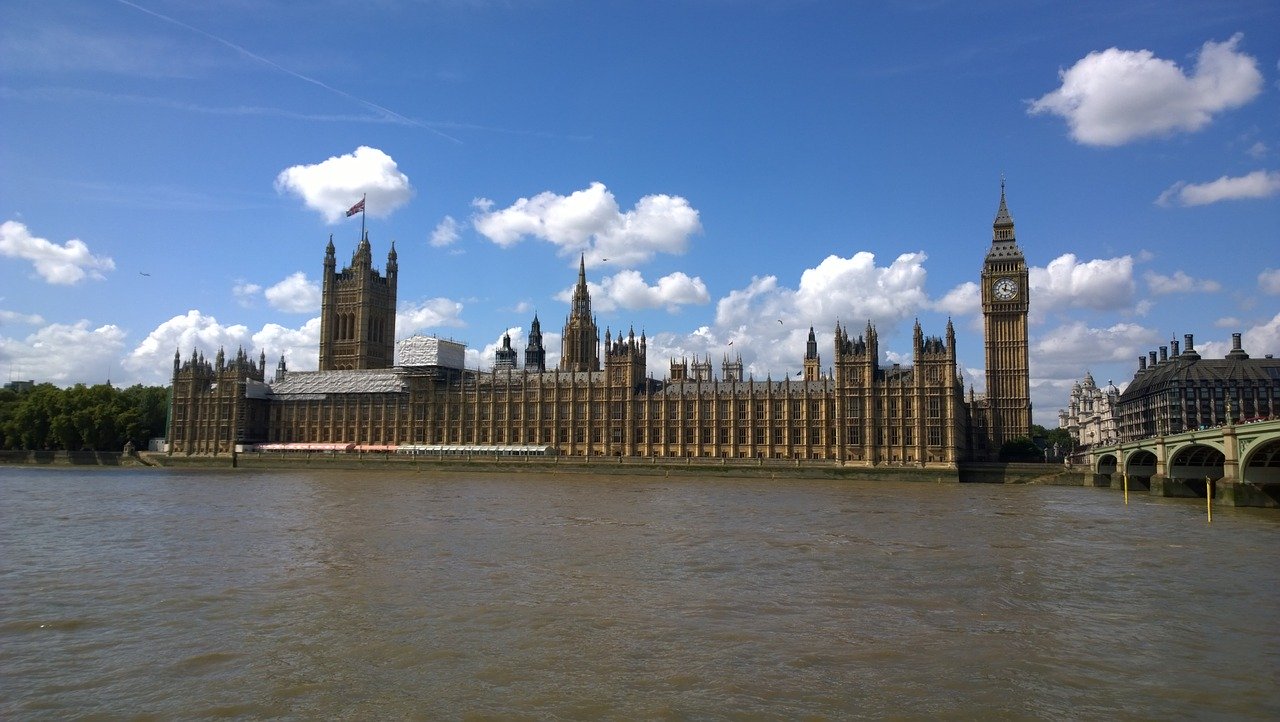Scottish consumers claim UK Government’s financial services reforms are ‘out of touch and elitist’

Scottish consumers deem the government’s financial services reforms as out of touch and elitist, putting the City of London first and repeating the mistakes of the past – according to new research published today by the Finance Innovation Lab.
The findings coincide with this week’s Queen’s Speech, when the government will announce a landmark post-Brexit Financial Services Bill.
A representative sample of the UK public were asked about their views on the government’s flagship proposal to give the regulators of financial services an objective to promote the ‘international competitiveness’ of the sector.
This is not a new proposal: regulators had a similar objective prior to 2012 and it was found by policymakers to have contributed to the financial crash of 2007/08, when millions of people lost their savings and livelihoods.
The report conducted by the charity found that nearly eight in ten Scottish consumers (77%) – the highest in the UK - say the proposal is out of touch and elitist. This compares to the rest of the UK, where the figure was 66%.
When asked whether the proposal puts the needs of the City of London first or helps to ‘level up’ the rest of the UK, nearly seven in ten (69%) respondents agreed with the former. Once again, Scottish consumers were the biggest critics of this proposal of any of the respondents from the four nations.
Over seven in ten Scots (71%) think the proposal repeats the mistakes of the past, rather than looking to the future. UK adults aged 55+ feel this most strongly – perhaps a reflection that this age group were badly affected by the last financial crash.
Marloes Nicholls, head of policy and advocacy at the Finance Innovation Lab, said: “The government’s proposed financial reforms require regulators to cheerlead for the sector, when they should be independent referees making decisions in the public interest. At the Queen’s Speech, the Chancellor needs to show that his priority is ordinary people across all the UK, not just the City of London.”
At the Queen’s Speech on 10th May, the government will announce a landmark post-Brexit Financial Services Bill. Crucially, the Bill is expected to deliver the government’s Future Regulatory Framework, which will determine how financial services regulation is developed in the UK outside of the EU.
Alongside a major delegation of powers to regulators, specifically the Financial Conduct Authority and the Prudential Regulation Authority, the government has proposed giving regulators a statutory objective to promote the ‘international competitiveness’ of the UK sector.
International competitiveness typically refers to the ability of UK firms to compete for business overseas, and for the UK to remain an attractive location for global businesses. (‘Competitiveness’ is distinct from competition; regulators already have an objective to promote competition between firms to drive better outcomes for consumers.)
Placing a duty on financial regulators to promote the international competitiveness of industry would require them to act as cheerleaders for the big city institutions, and risks eroding their ability to act independently in the public interest.
A duty to promote the competitiveness of industry also risks putting UK regulators in a ‘race to the bottom’ with regulators globally to water-down standards. Just a decade ago, parliament removed competitiveness from the mandate of the financial regulator. In 2010, HMT identified that one of the reasons for regulatory failure leading up to the global financial crisis of 2007/08 was “excessive concern for competitiveness”.
As the now Governor of the Bank of England, Andrew Bailey, said in 2019, that the regulator “was required to consider the UK’s competitiveness, and it didn’t end well, for anyone.” The crash saw millions lose their savings, homes, businesses and jobs, and cost the UK an estimated £1.8 trillion in lost GDP.






